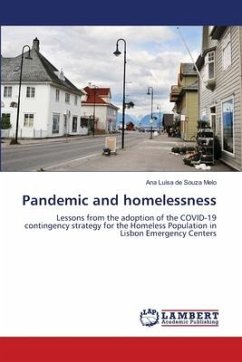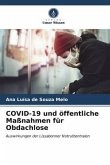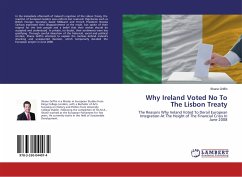Non-dissemination measures for COVID-19 were adopted worldwide, such as distancing and hygiene. Homeless people have additional risks because of pre-existing conditions of social vulnerability, which implies the adoption, by governments, specific actions aimed at this population. In the context of the pandemic, public contingency policies for this population had been adopted worldwide. In Portugal, a country that achieved good results in Europe, the capital Lisbon stands out for adopting, in its contingency plan, the reception of this population in emergency support centers. This article presents part of the broad results found in a study developed to obtain a doctoral degree that aimed to identify the impacts coming from adoption, by the Government of Lisbon, the measures to prevent the spread of COVID-19 and to protect the homeless population, in the specific case of Emergency Centres. The results indicate that the responses arising from the adoption of public policies for the homeless population in the Emergency Centers had direct positive effects on these people's lives and reinforce the need to prioritize definitive social-housing-economic responses.
Bitte wählen Sie Ihr Anliegen aus.
Rechnungen
Retourenschein anfordern
Bestellstatus
Storno








